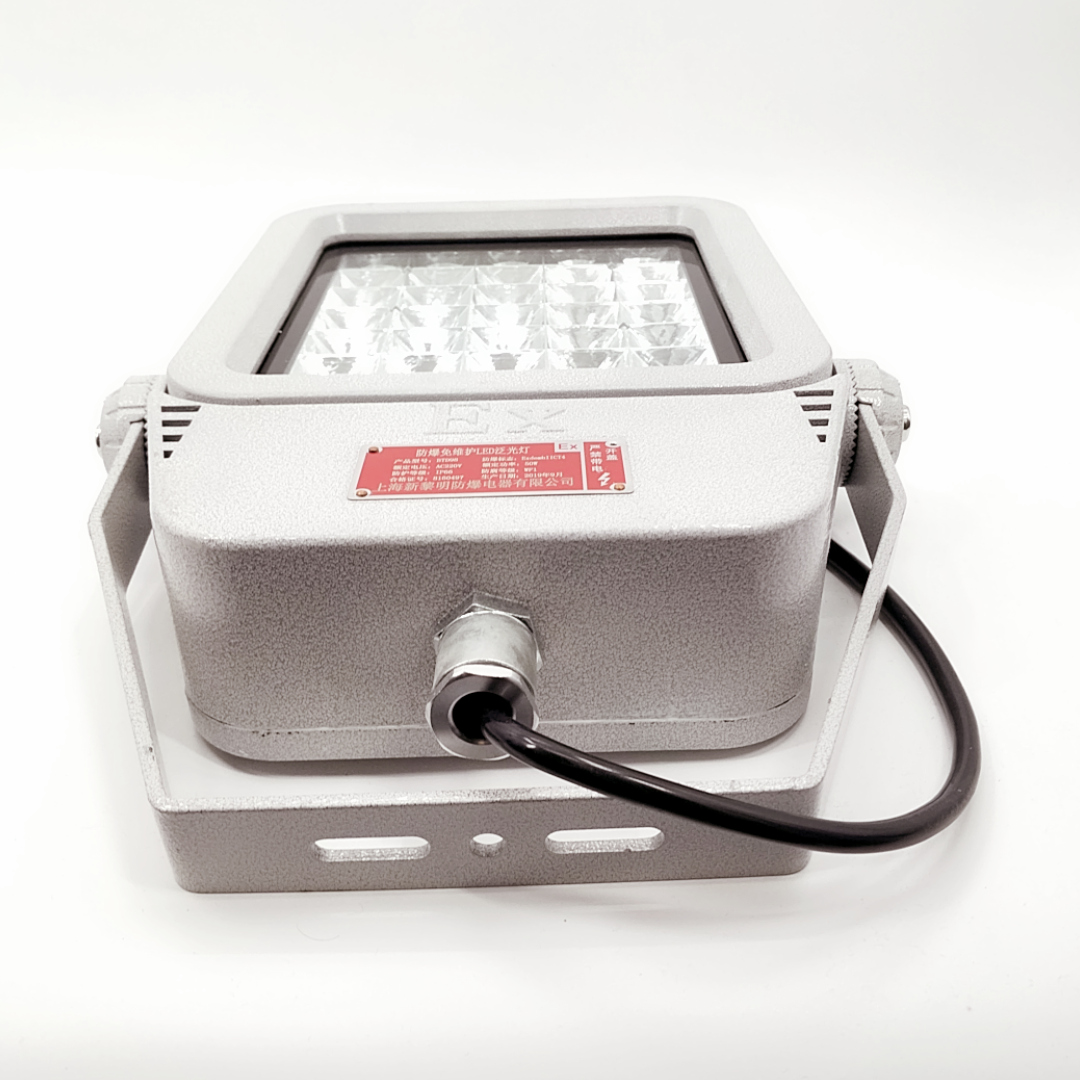In the intricate web of dementia symptoms, insomnia often plays a pivotal role, particularly in the later stages of the disease. Understanding this relationship is crucial for caregivers and loved ones seeking to provide the best possible support.
The Stages of Dementia
Before delving into the specifics of sleep disturbances, it's important to understand the stages of dementia. Dementia is a general term used to describe a range of symptoms associated with a decline in cognitive function. The most common form is Alzheimer's disease. dementia typically progresses through three main stages: mild, moderate, and severe.
Mild Dementia: Memory loss is the most noticeable symptom, but daily activities are still possible with minimal assistance. Sleep disturbances are less common at this stage.
Moderate Dementia: Cognitive decline becomes more pronounced, affecting language, problem-solving, and decision-making abilities. Sleep issues may start to emerge, but they are often intermittent and manageable.
Severe Dementia: This stage is characterized by severe memory loss, confusion, and a decline in basic physical functions. Sleep disturbances become more frequent and severe.
The Role of Insomnia in Advanced Dementia
As dementia progresses to its later stages, sleep disturbances become increasingly common. This is due to several factors:
Biological Changes: Brain changes associated with dementia disrupt the normal sleep-wake cycle, leading to insomnia and other sleep problems.
Environmental Factors: Changes in the home environment, such as noise or light, can disrupt sleep. Additionally, the presence of caregivers or other family members may interfere with sleep.
Behavioral Symptoms: As dementia progresses, individuals may experience behavioral changes such as agitation, anxiety, and delusions. These symptoms can lead to difficulty falling asleep or staying asleep.
Managing Insomnia in Advanced Dementia
While there is no cure for dementia-related insomnia, there are strategies that can help manage the symptoms:
Creating a Favorable Sleep Environment: Ensure the bedroom is quiet, dark, and cool. Use earplugs or eye masks if necessary.
Routine and Consistency: Establishing a regular sleep schedule and sticking to it as much as possible can help regulate sleep patterns.
Physical Activity: Gentle exercise during the day can improve sleep quality at night. However, avoid strenuous activity close to bedtime.
Medication Review: Discuss any sleep medications with a healthcare provider to ensure they are appropriate and not interacting with other medications.
Supportive Care: Providing emotional and cognitive support to individuals with dementia can help reduce stress and anxiety, which can improve sleep.
In conclusion, insomnia is a common and challenging symptom of advanced dementia. Understanding its causes and implementing practical management strategies can help individuals with dementia and their caregivers get better sleep and improve overall quality of life. With a multi-faceted approach that addresses both the physical and emotional needs of those affected, it is possible to find some relief from this debilitating symptom.








+ There are no comments
Add yours